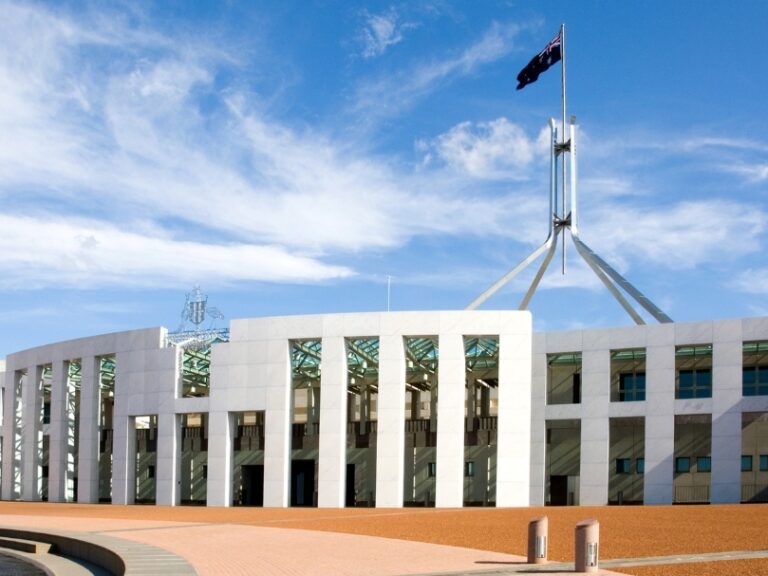
Actuaries weigh in on Govt Tax Paper
As debate rages over how best to re-design Australia’s taxation system, actuaries are putting forward strong recommendations on superannuation tax reform and retirement incomes policy.
As experts in financial modelling and longevity risk, actuaries are well placed to comment on the state of Australia’s tax and superannuation systems. The profession has been busy bringing that expertise to the tax debate in order to provide sustainable policy recommendations aimed at safeguarding retirees’ living standards and reducing pressure on future budgets.
Submissions to the Federal Government’s 2015 Tax White Paper closed two weeks ago and several actuarial firms made comprehensive and thoughtful contributions. Those firms focused on Question 22 in the Discussion Paper: How appropriate are the tax arrangements for superannuation in terms of their fairness and complexity? How could they be improved?
The Institute established its own Tax Working Group (TWG) to review current taxation arrangements and produced a submission proposing that the Government consider:
- introducing a lifetime cap of around $2.5 million on super savings which can be transitioned into a superannuation income stream which pays no tax on investment earnings
- lowering the high-earner 30% concessional tax rate to incomes above $180,000 from the current $300,000, and;
- easing pension eligibility restrictions linked to the sale of the family home
Chair of the TWG and Convenor of the Institute’s Superannuation Practice Committee, Andrew Boal, spoke with ABC Radio last week to reiterate those policy recommendations.
Mercer’s submission reflected on the Henry Tax Review, highlighting the importance of determining the most appropriate benchmark for taxing super before reviewing tax concessions under the current arrangements.
The firm reiterated its August 2014 recommendations to:
- extend division 293 tax to all those on the top marginal tax rate;
- improve the government Low Income Earners Superannuation Contribution;
- introduce lifetime contribution caps but with a maximum contribution in any year; and
- limit the amount of assets that can exist in the tax exempt pension phase
Mercer also presented an alternative and more radical approach in the spirit of open discussion on super tax with no restrictions on ideas or concepts. This approach called for a move to a “much simpler” EET system which the firm termed t1Et2 representing:
- a “flat tax” (t1) on concessional contributions, together with a credit for low income earners;
- investment earnings which are exempt (E) from tax; and
- a progressive tax rate (t2) on benefits
Rice Warner’s submission to the Tax Discussion suggests reducing the tax concessions for those on the highest incomes and shifting the Age Pension to be a safety net over time.
Some of the changes Rice Warner recommends are:
- Taxing the earnings of pension accounts at the same rate as superannuation accounts; they suggest a uniform rate of 12%
- Simplifying the system of tax concessions on contributions by providing a 20% rebate on all concessional contributions – and applying the tax in personal tax returns
- Removing the part Age Pension and forcing retiree couples to spend their wealth above $500,000 before they become eligible. For this purpose, the value of a family home above $1.5m would becounted as part of their wealth.
An article in Friday’s Australian Financial Review set out some of Rice Warner’s key points.
PricewaterhouseCoopers also made two submissions; the second drills deeper into superannuation tax reform at section 2.3, focusing on tax incentives to encourage self-funded retirement; the concessional tax environment of superannuation savings; and accessing superannuation at retirement age or death.
The Government is yet to announce when it will release its Tax Green Paper, nor whether it intends to make policy changes to superannuation in the foreseeable future.
Industry, academics, consumer groups and observers – including FSI chairman David Murray – continue to debate the issues and a consensus is emerging among stakeholders that changes to tax arrangements in super are necessary. Industry Super Australia Chief Executive David Whiteley noted in a recent speech that “the super industry is agreeing to, and advocating for change to tax arrangements of superannuation. That is in itself a remarkable set of events.”
President of the Actuaries Institute, Estelle Pearson said the timing is right to “act and fix the superannuation and pension systems which are in fact two sides of the same policy coin.”
“Superannuation should not be out of bounds for revision and review. Via a summit or an independent panel of experts, the Government should be taking advice that will halt the obvious and perplexing discrepancies that are emerging in current policy and which are confusing many workers and retirees,” said Pearson.
CPD: Actuaries Institute Members can claim two CPD points for every hour of reading articles on Actuaries Digital.






